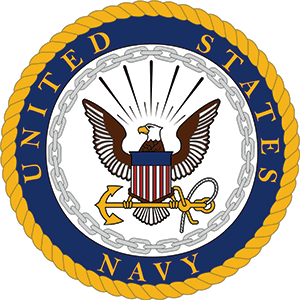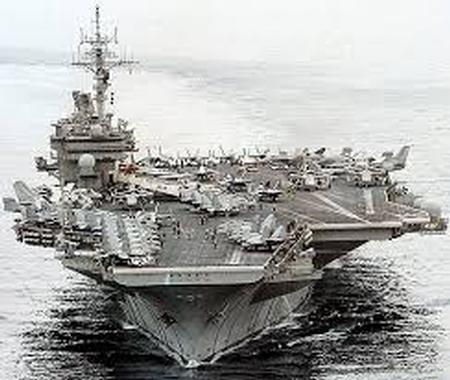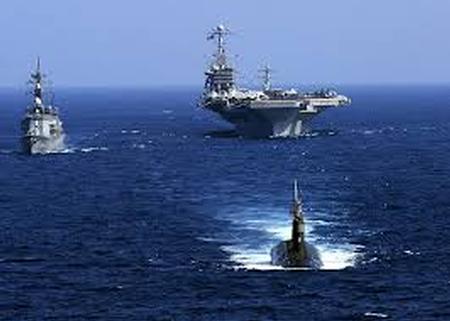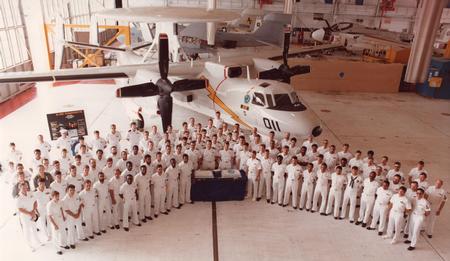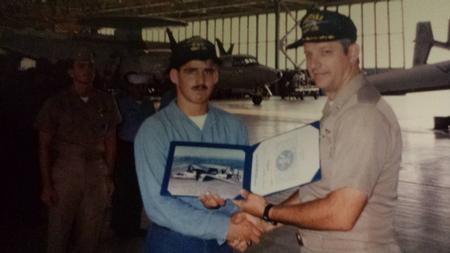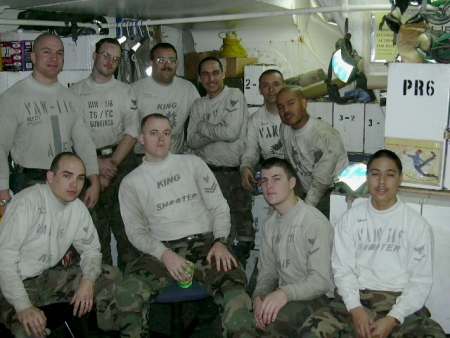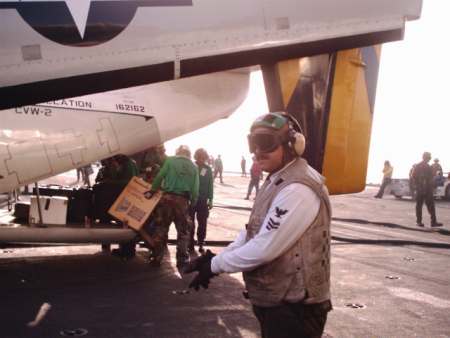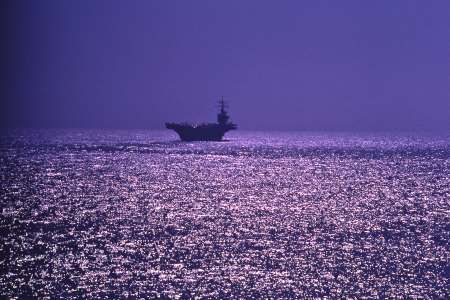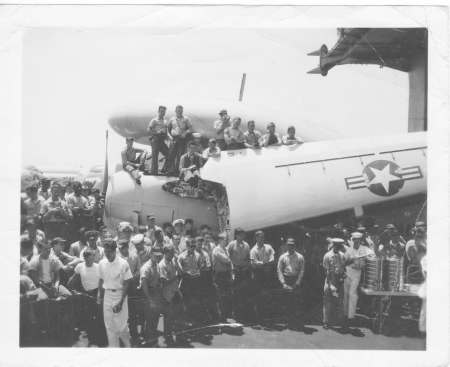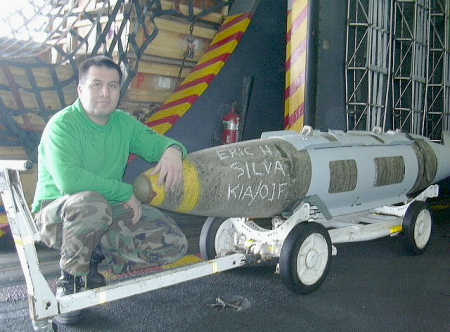ABOUT VAW-125
- Origins: Carrier Airborne Early Warning Squadron 125 (VAW-125), known as the "Tigertails," was established on September 1, 1968, at NAS Norfolk, Virginia, as part of the U.S. Navy's effort to expand its airborne early warning (AEW) capabilities.
- Nickname and Insignia: The squadron's nickname, "Tigertails," comes from its distinctive tail markings featuring tiger stripes, a tradition that dates back to its early days.
- Vietnam War Service: VAW-125 deployed to the Gulf of Tonkin aboard USS America (CVA-66) in 1972, providing airborne surveillance and command and control during the Vietnam War.
- Aircraft Evolution: The squadron originally flew the E-2A Hawkeye, later transitioning to the E-2B, E-2C, and currently operates the advanced E-2D Advanced Hawkeye, which features state-of-the-art radar and avionics.
- Operation Desert Storm: VAW-125 participated in Operation Desert Storm in 1991, providing critical AEW and command and control support for coalition air operations over Iraq.
- Multiple Carrier Assignments: Over its history, the squadron has been assigned to various aircraft carriers, including USS America (CV-66), USS Theodore Roosevelt (CVN-71), and USS Ronald Reagan (CVN-76).
- Humanitarian Missions: VAW-125 played a key role in relief operations following natural disasters, including support in the aftermath of the 2004 Indian Ocean tsunami as part of Operation Unified Assistance.
- First to Deploy E-2D: In 2015, VAW-125 became the first operational squadron to deploy with the E-2D Advanced Hawkeye, marking a significant leap in naval AEW technology.
- Global Deployments: The squadron has a history of global operations, participating in exercises and operations in the Mediterranean, Middle East, Western Pacific, and Indian Ocean.
- Homeport Move: In 2017, as part of a larger Navy reorganization, VAW-125 relocated from NAS Norfolk, Virginia, to MCAS Iwakuni, Japan, as a forward-deployed squadron supporting the U.S. 7th Fleet.

